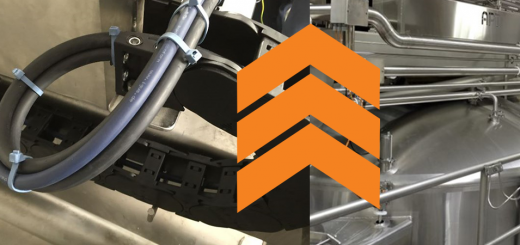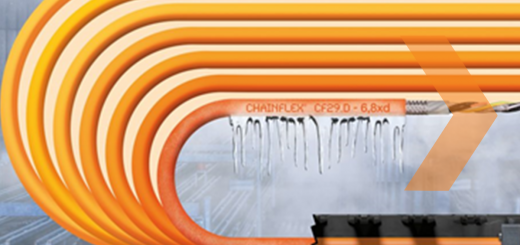The Right Lubrication For Plain Plastic Bearings
By Lars Butenschon
Despite the variety of plastic plain bearing applications – from engine block bearings to mountain bike pedals – they all have one thing in common: their best lubrication is no lubrication at all. The solid lubricant particles integrated into our iglide® plastic plain bearings ensure low friction. Its dry operation does not attract dirt and dust the way their greased counterparts do. Corrosion is also no problem – at least for the bearing itself.
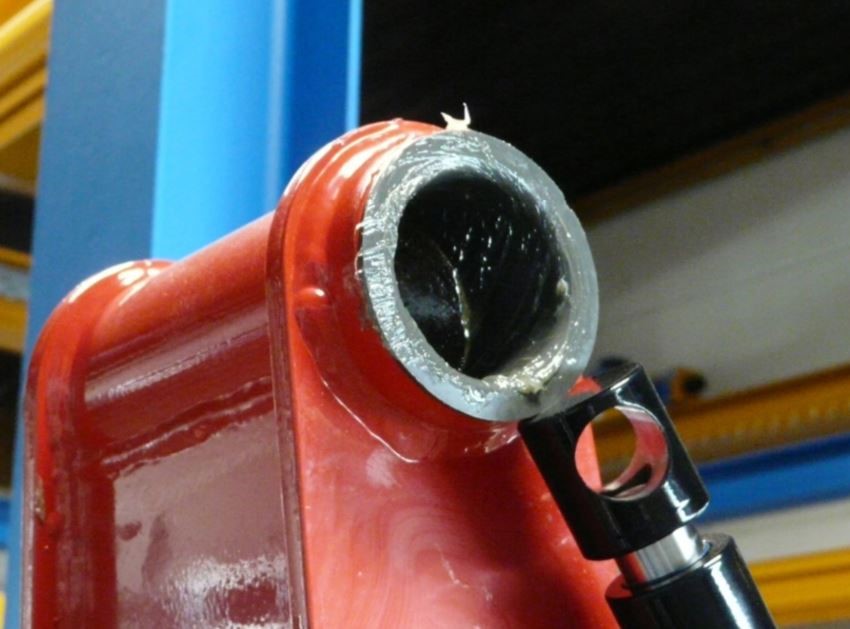
And yet lubrication nevertheless is often indispensable. Lubrication allows plain bearings to move smoothly. It also prevents corrosion, dirt entering the bearing and temperature increases due to friction.
These benefits can also apply to our igus-line of bushings, even though our bearings are typically dry-running. Some users, for instance, have eliminated squeaking during the start-up phase of their plastic bearings with WD-40 and protected the housing against corrosion by adding wax.
Should you lubricate with grease or oil?
The range of available lubrication grease, oil and wax types is huge.
As a rule, grease and oil are used to lubricate bearings. The difference between the two is primarily the viscosity. Oil flows relatively easily (although this varies from oil to oil). Grease’s low viscosity – its thicker consistency – makes grease stay in the bearing location compared to oil.
Lubricating oil tends to be used to optimize smooth running properties and regulate temperature. Oil-lubricated bearings are usually immersed in oil during operation: the oil flows through the bearing in a closed system and cannot escape. Grease, on the other hand, is used primarily to provide protection from outside influences such as dirt and moisture.
Lubrication of choice: grease
In practical applications, plain bearings that cannot be operated in an oil bath are therefore lubricated with grease. But there are distinctions here, too. Grease is actually not much more than lubricating oil containing thickener and certain additives. Types of oil and thickener can be used in a variety of combinations to return various properties. Details about this can be found in the relevant Wikipedia article, which is why I will be brief here.
At the igus laboratory, we have analysed two frequently occurring lubricant groups and their interactions with iglide® materials (our plastic bushing materials). Within the groups, substances of the same type from different manufacturers were tested. Tests addressed wear behaviour and effects on friction.
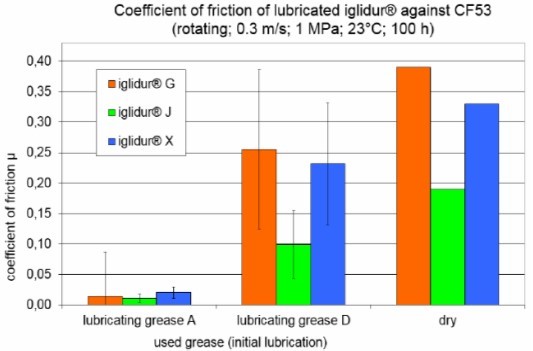
Changes to coefficient of friction, Group A: lubrication with mineral oils with metal soaps; Group B: silicone oils with organic polymers; dry = without lubrication; iglidur® G, J and X refer to iglide® G, J and T500 respectively in North America and these three items refer to different plastic material types used in igus bearings (source: igus GmbH)
The coefficient of friction is very low for bearings lubricated with mineral oils with metal soaps. The iglide® J material (the green bars) has particularly good results, with lower coefficients of friction across the different lubrication types. The coefficient of friction is slightly decreased for silicone-based grease compared to dry operation.
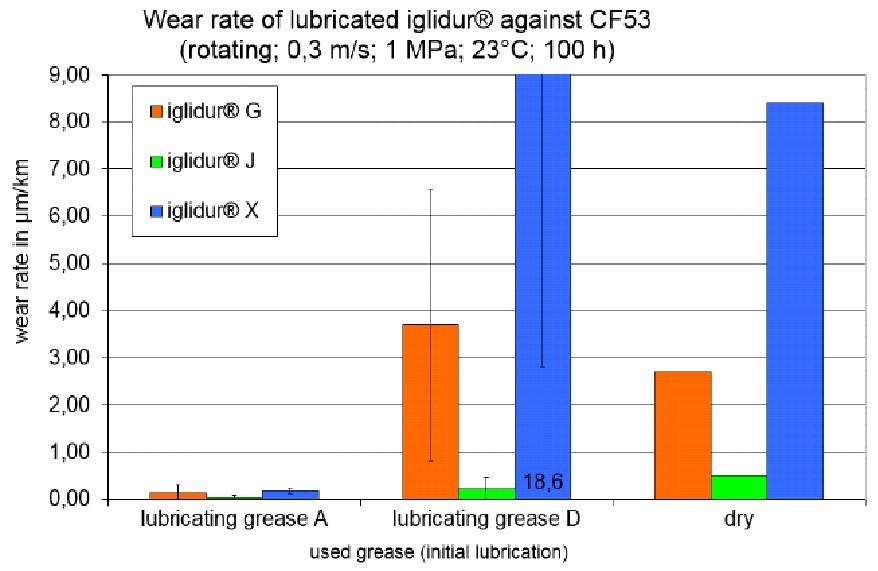
Wear rate comparison, Group A: lubrication with mineral oils with metal soaps; Group B: silicone oils with organic polymers; dry = without lubrication (source: igus GmbH)
The Group A lubricants also achieved much improved wear results. Surprisingly, however, wear for plain bearings lubricated with silicone oil was slightly higher than for dry operation. There was great variation among the results, so that the average wear rates with lubrication are still better than without lubrication. But there is some question as to whether this difference is noticeable in practice.
Conclusion: grease based on mineral oil delivers the best results
The results shown here match the observations we have made in practical applications. Customers with bearings that are subject to weather extremes, moisture and dirt often apply grease, and that grease is likely to be mineral-oil-based. We often recommend OKS 400 for iglide® materials. However, good results can be achieved with other greases of similar composition.
Ultimately, however, the decisive factor is the selection of the right grease and the right plain bearing for the application parameters in question.
Do you need help selecting the right grease for your plain bearing application? Or do you have the right grease, but not the right plain bearing? We would be happy to advise you.

